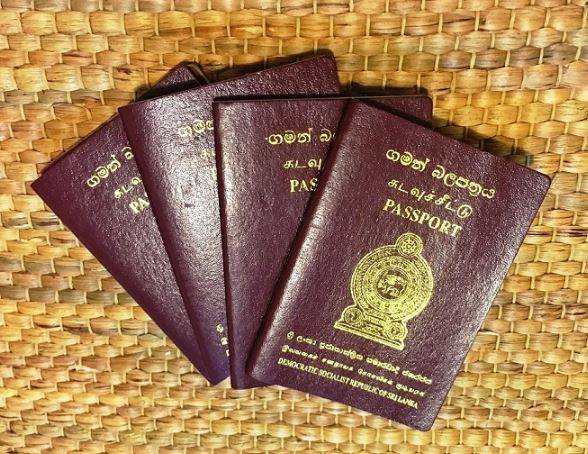
The Tamil homeland is increasingly becoming a hotspot for visa scams, with vulnerable individuals, often from rural areas, falling prey to fraudulent agents promising emigration opportunities, particularly to Western countries like Canada.
According to a report by the Sunday Times, the Special Crimes Investigation Bureau (SCIB) in Mannar, Mullaitivu, and Batticaloa has seen a dramatic rise in these cases over the last five years. By September 2024 alone, 95 cases had been filed, with victims collectively losing over Rs. 320 million.
The scams typically involve promises of tourist visas, often with the added lure of assistance in securing work once the victim arrives in the destination country. In many cases, the victims are encouraged to pay large sums to these “agents,” who sometimes operate under the guise of legitimate consultancy services. However, once the money is paid, the promised visas never materialize.
Kandanraj (name changed), a fisherman from Mannar, is one of many who have fallen victim. After his family pawned their jewelry and took out loans to raise Rs. 12.8 million, they handed the money to a local broker who promised to arrange a Canadian visitor visa. A year passed with no visa or refund, and despite repeated attempts, Kandanraj could not recover his money. Many victims, like him, are discouraged from filing complaints due to the complex legal process and the high costs of pursuing action.
The rise in such scams is stark, with the number of reported cases increasing annually. In many instances, victims resort to threats or personal interventions to try and recover their money, but law enforcement is often limited in their ability to take action due to the lack of documentation. “People make cash payments to the scammers and don’t get a receipt,” said an officer from the SCIB. “It makes it very difficult to take legal action.”
The scams often involve complex routes, with many victims sent to third countries like the UAE or India before being abandoned, their relatives back home coerced into sending more money. The fraudsters sometimes even set up fake companies in these third countries, trapping the victims in a web of deceit and blackmail.
Police have urged the public to exercise caution when dealing with such agents. DIG Nihal Thalduwa warned that agents should be able to clearly explain the entire process, and emphasized that victims should never pay upfront. He also urged people to choose government-registered agents to minimize the risk of falling victim to fraud.
Despite these warnings, the desperation to emigrate remains strong, particularly among Tamils in the North-East, whose livelihoods have been stifled by the continued Sri Lankan military occupation.
